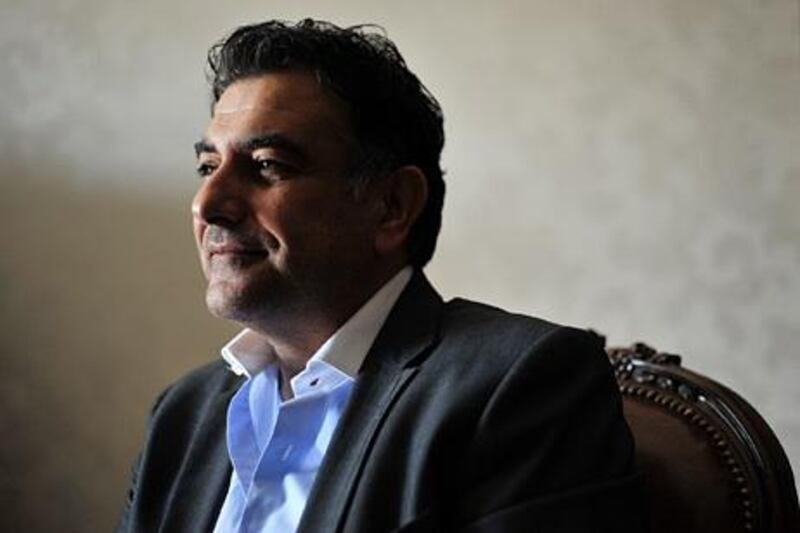To some, AreebaAreeba is the catchphrase of Speedy Gonzales, the cartoon Mexican mouse.
But in the Middle East, it is the answer to Facebook.
Translated from Arabic into English as "closer closer", AreebaAreeba was founded in August by Ayman Irshaid, a Jordanian telecommunications businessman who has lived in Dubai for more than 20 years.
Mr Irshaid says the purpose of the social networking site is to bring people in the Middle East "closer" to the western world, as well as to enable Arab expatriates to remain connected to their culture.
AreebaAreeba has about 400,000 members, and although this is a drop in the ocean compared with Facebook's hundreds of millions of subscribers, Mr Irshaid has grand ambitions for the website.
"When Facebook was created, it was to serve a particular community - students - and then it expanded," he says. "I created AreebaAreeba to serve another community: the Arab world."
The website is more an amalgamation of Facebook and the professional networking website LinkedIn than a standalone social networking site. But with posts mostly in Arabic and members predominantly from the Middle East, it has a distinctly Arab feel.
More than a quarter of AreebaAreeba's members joined during the unrest in Egypt and Tunisia and other parts of the Middle East and North Africa.
"There's more awareness [of the website] because of the uprisings. I had a lot of groups opening up about the Tunisian revolution, about Egypt, and now I can see other groups from Syria," Mr Irshaid says.
"We're lucky we launched it in 2010 because if we had launched it this year, we would not have got that attention"
But market analysts say the site faces a battle to compete with established social networking giants.
Lindsey McDonald, a social media analyst at Frost & Sullivan, says consumers can use Facebook in more than 60 languages, including Arabic. But she says AreebaAreeba could find a niche because of local and regional issues.
"From the local perspective, people want to have things that are relevant to them specifically. There are not a lot of locally available websites like this, in that respect," Ms McDonald says.
Mr Irshaid agrees, saying the website's unique selling point is that it addresses the western world's "misunderstanding" of Middle East business.
"[Western businesses] need to know that having a good marketing effort is not enough to succeed in the Middle East markets. They need to study the culture of that market and apply their knowledge in all of their business plans. AreebaAreeba will shed light on some of those cultures," he says, adding that this element is absent from Facebook and LinkedIn.
Mr Irshaid is aiming high.
"I want to see AreebaAreeba's icon on every website in the world and I don't see why this couldn't happen," he says.
But there is still a long way to go. Mr Irshaid says he is fine-tuning the website and is still in the process of negotiating contracts with advertising agencies to draw in revenue.
"[Revenue] will come, first we have to create an amazing platform."






